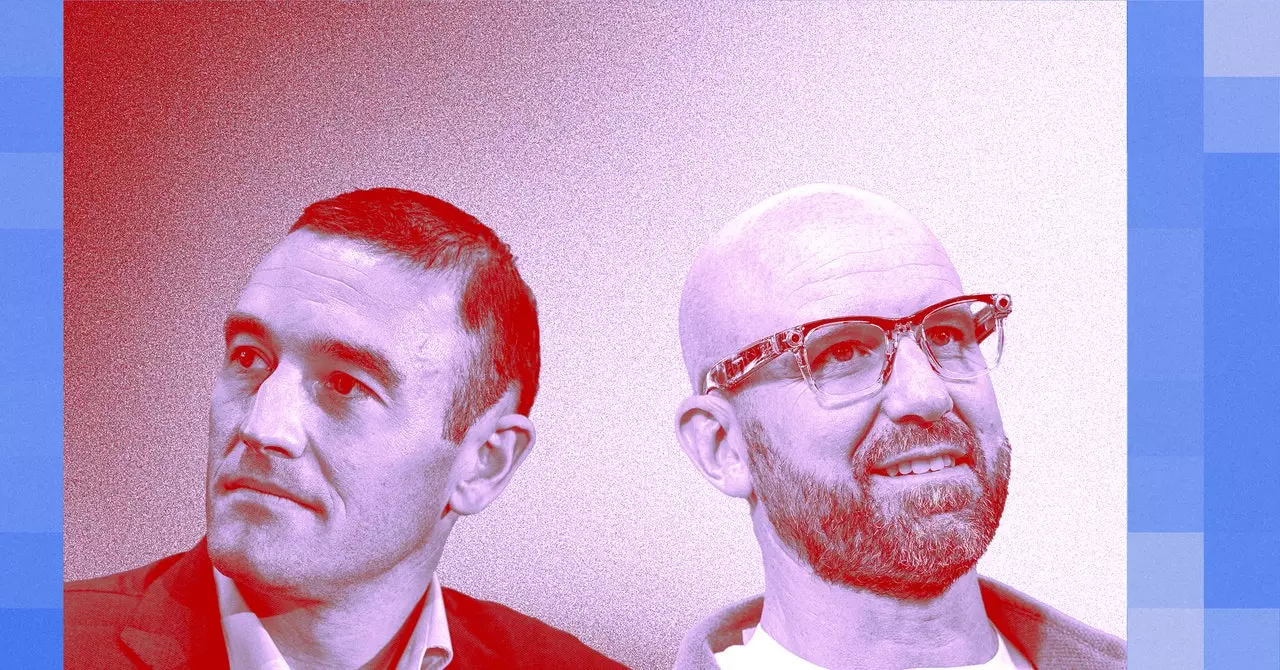In 2025, a surreal twist unfolded as four prominent Silicon Valley executives took an unexpected step into the realm of military service, prompting the question: can the tech environment coexist with the military? Andrew “Boz” Bosworth, the Chief Technology Officer at Meta, along with Kevin Weil from OpenAI, Bob McGrew of the Thinking Machines Lab, and Shyam Sankar, CTO of Palantir, are now officially part of the United States Army Reserve, specifically within a newly-formed unit called Detachment 201: the Executive Innovation Corps. Ironically, their formal introduction involved being inducted in military garb, blurring the lines between the corporate world and armed service.
This significant development raises crucial questions about the inherent intersection between technology and military applications. Are we witnessing a pivotal moment where the tech titans—often scrutinized for their influence on society—become active military participants? It is a juxtaposition that elicits mixed emotions and skepticism, igniting a public discussion about the implications of such an alliance.
A Shift in Military Strategy
The Army’s initiative is aimed at cultivating a leaner and more formidable force, under the guidance of Brynt Parmeter, the Pentagon’s first chief talent management officer. His vision for incorporating seasoned professionals into the military framework aligns with a growing recognition of the need for modernization within the armed forces. The thought process behind this recruitment strategy illustrates an essential acknowledgment of the fast-paced nature of technological advancement.
However, this unprecedented program, which some liken to the creation of the Manhattan Project, poses a delicate question: does the pursuit of military efficiency compromise the ethical landscape of technology deployment in warfare? The individuals involved assert that this initiative is imperative—Sankar himself argues that our nation is in an “undeclared state of emergency” that demands an immediate overhaul in how we think about military operations. While this rhetoric may resonate with some, it blurs the lines of accountability vis-à-vis the consequences these technologies may harbor.
A New Era of Military Engagement
What distinguishes this program from traditional military enlistment is its unique approach to service. The new recruits are not subject to conventional training regimens that would usually prepare a soldier for combat. Instead, they are expected to undergo a more tailored training experience aimed at optimizing their technological skill sets to benefit military operations. This unconventional path, which offers them the luxury of remote work, directly contrasts with the expectations set for everyday reservists, raising concerns regarding equity and inclusivity within the military framework.
Furthermore, the fact that these high-profile appointments were the result of a targeted recruitment effort among the tech community brings an element of exclusivity that feels fundamentally out of sync with military values. Critics might argue that relying solely on a select group of executives, primarily from elite backgrounds, misses the richness of experience that a broader and more diverse candidate pool could yield.
The Impact of Cultural Perceptions
Reflecting on how far we’ve come in eroding taboos surrounding corporate-military collaboration, Kevin Weil articulated a sentiment shared by many in the tech community: “Ten years ago this probably would have gotten me canceled.” Today, the narrative has shifted, with an increasing number of Silicon Valley leaders expressing an openness to supporting military endeavors. This willingness signals a significant cultural transformation, but it also raises questions about complicity in the military-industrial complex, and whether this new alignment signifies acceptance or an alarming trend toward normalization.
The conversation surrounding military contributions from tech giants reveals deeper societal issues as well—the comfort with intertwining technological innovation with military force contrasts sharply with past sentiments of distancing the tech industry from conflict. This rapprochement necessitates a critical examination of the ethical responsibility that comes with technological advancements, its ramifications on civilian life, and, ultimately, its influence on global democracy.
Looking Ahead: A Possible Technological Arms Race?
As these executives step into their new roles, the possibilities for developing sophisticated military technologies are staggering. However, the question remains: will their expertise be wielded for defense or aggression? The military’s renewed focus on technological advancement could easily morph into an arms race characterized by digital warfare techniques that threaten global stability.
The tech community stands at a crossroads, and while the employers of these newly minted colonels may be enthused about the narrative, it is vital that the implications of such a partnership are scrutinized. The choices made by these leaders today will reverberate through generations, shaping not just the face of warfare, but the very fabric of our ethical landscapes.

